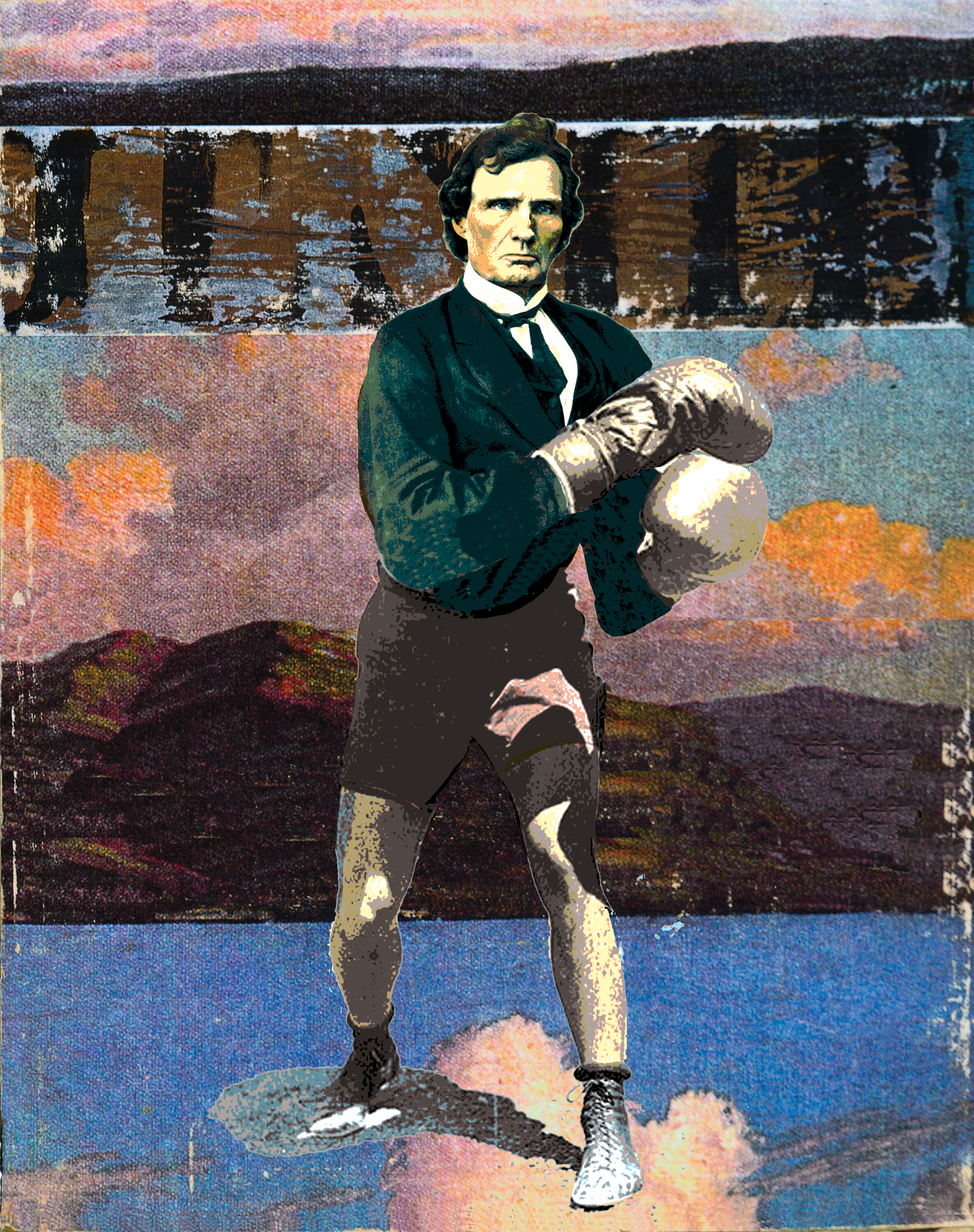I found this interesting paper about Stevens Biographers... I want to point out historians seem to write from their point of view from the age they live in...
file:///C:/Users/DavidandSharon/Downloads/25036-Article%20Text-24875-1-10-20121204.pdf
snip...
The first biographical treatments of Stevens, an article by Alexander Hood in the 1872 Biographical Histoiy of Lancaster County and a sketch in Lancaster County historian Alexander Harris's 1876 Political Conflict in America, were both written by men who had known Stevens.' While Hood's work was warm and admiring, Harris's denounced him as a destructive revolutionary. These works set up a powerful dichotomy reflected in the works of later authors. These contradictory images of Stevens are also echoed in the inverse relationship between his historical reputation and that of his nemesis, Andrew Johnson.
snip...
The first full-scale biography of Stevens still used and cited is McCall's 1899 work, a contributing entry to the popular American Statesmen series. 2 McCall el - - - 154 relied heavily on the Congressional Globe, newspapers, and government documents for his story. He reviewed Steven's actions favorably and pointed to ideology as the motivating force in his political career.3 For McCall, Stevens's significant public acts were his role as chairman of the Committee on Ways and Means during the war and his later work on the Committees on Appropriations and Reconstruction. Financial measures, the Reconstruction acts and amendments, and the impeachment of President Andrew Johnson dominate McCall's pages. In some ways, his work is as much a thumbnail sketch of Reconstruction as a biography of Stevens. McCall provided a strong factual framework for Stevens's political career, but did not contribute much to our understanding of the man. "A truer democrat never breathed.... Privilege never had a more powerful nor a more consistent foe," he concluded of his subject.4
snip...
In 1913, James Albert Woodburn published a biography of Stevens. He made an impassioned plea for understanding his subject in light of "the times of strife and passion in which he lived."5 To Woodburn, Stevens was a politician who stood firmly for racial equality and fought hard for it. While Woodburn's is not the best account of Stevens and his times, it nonetheless marks the first systematic attempt to examine both the man and his times. Like McCall, Woodburn tied Stevens's
snip...
William Dunning fired the opening salvo in this war on Stevens's reputation, describing him as "truculent, vindictive, and cynical" and possessing "a keen and relentlessly logical mind, an ever-ready gift of biting sarcasm and stinging repartee, and a total lack of scruples as to means in the pursuit of a legislative end."7 Subsequent historians not associated with Dunning tended to accept this view. For example, James Ford Rhodes characterized him as "a natural radical and a violent partisan" who could be "bitter and vindictive.", These themes were elaborated by Claude Bowers in 1929: "Had he lived in France at the time of the Terror, he would Pennsylvania History - 155 have pushed one of the triumvirate desperately for his place, have risen rapidly to the top through his genius and audacity and will, and probably have died by the guillotine with a sardonic smile on his face."9 George Fort Milton went even farther the next year, describing Stevens as "this Pennsylvania Caliban," "an apostle of proscription and hate."10 This interpretation had reached its popular zenith in 1915 with the release of D. W Griffith's movie Bilth of a Nation. The appearance in the film of a villainous northern politician, whose physical appearance matched that of Stevens down to his bad wig and limp, reinforced and perpetuated the prejudices many Americans had toward the congressman.
snip...
It is the more recent biographies with which anyone with a serious interest in Stevens has to reckon. The first of these is Richard Current's 1942 study, Old Thad Stevens: A Story of Anmbiti on, which reflected rather than challenged historiography.s5 Like those historians who had gone before him, Current sought to explain Stevens's motives. Unlike those other historians, Current found an explanation beyond equality and disability: economics. In this he was influenced by the work of Charles Beard, Howard Beale, and his advisor William Hesseltine, who had tried to demonstrate that the northeast and its capitalists had exploited their political power during and after the Civil War for their own enrichment. Current emphasized Stevens's extensive and occasionally questionable business practices more than his work on Reconstruction. While Current pointed out that no one had previously shown "the simple fact that [Stevens] was, above everything else, a man of Volume 60, Number 2 * April 1993 156 Takku gmtns dhurg his Adams Gmiby Pomm by Jacob EPhiz politics seeking always to get and exercise the powers of public office," he showed even more carefully that Steven's "public actions were determined not so much by mysterious motives as by frustrated personal ambitions and an understaundable and outspoken desire to keep his party in power and make it a vehide for iukLstials like himself."' 6 To Current, Stevens was a career politician and a pragmatic businessman who had used political influence for personal gain. To those living in a post-Watergate society, cynical about the motives and honesty of politicians, this may not seem like much of a revelation. But in the early 1940s, Current's work was the expression of an influential school of historiography that sought to explain American history through the motivation of economic interest. Current argued that ft-H 157 Stevens had personal motives for his behavior during Reconstruction, but suggested that they were economic rather than emotional. At the end of his book, he pondered the significance of Stevens's gravestone inscription, "Equality of man before his Creator." It was ironic, Current concluded, that "none had done more than he to bring on the Age of Big Business, with its concentration of wealth and its diffusion of poverty, its inequalities and its inequities."17
There more to the article... it is a interesting read about biographers...

 www.battlefields.org
www.battlefields.org


:max_bytes(150000):strip_icc()/Thaddeus-Stevens-3400gty-56a488ed5f9b58b7d0d76fb8.jpg)
